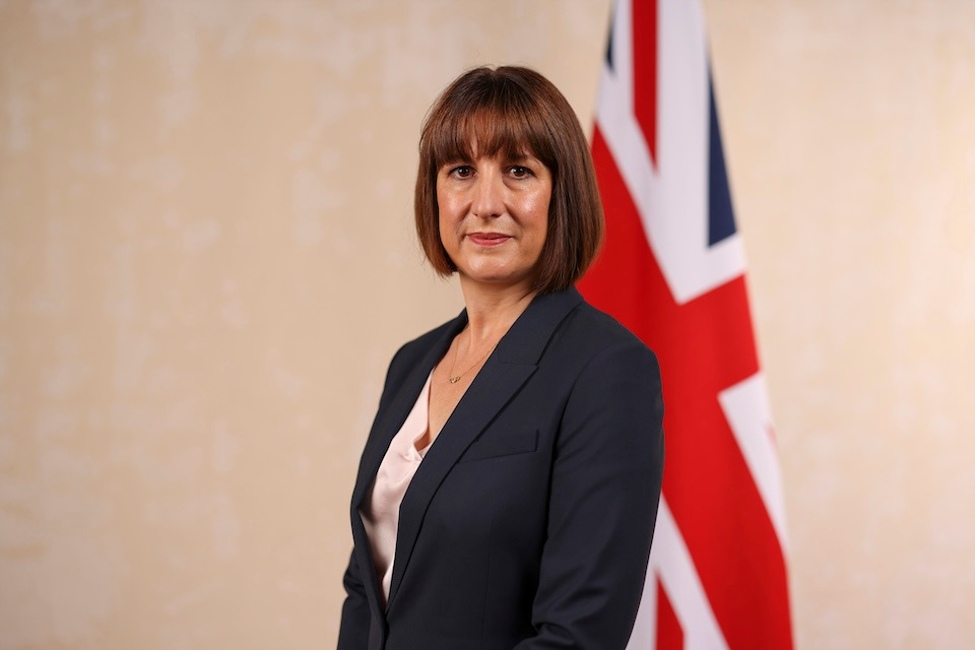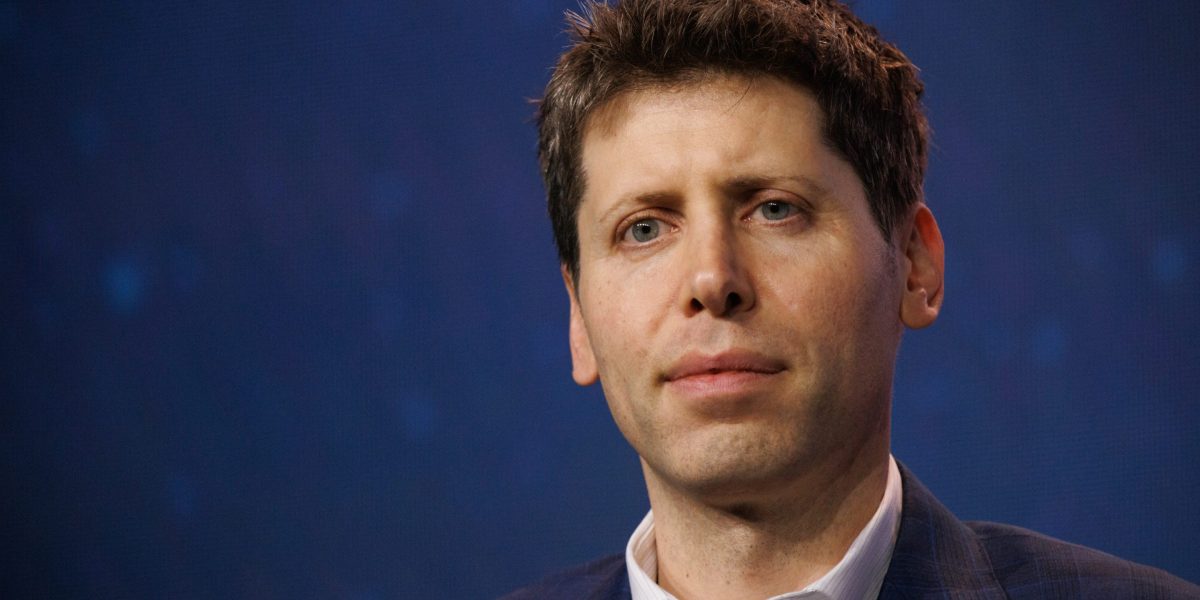
- Elon Musk and President Trump are seemingly clashing over Trump’s aggressive tariff policies, which Musk opposes due to their harmful impact on U.S. trade relations and potentially his car company, Tesla. Despite Musk’s direct appeals and public support for zero tariffs between the U.S. and the EU, for example, Trump has continued to escalate trade barriers.
It seems tariffs may be the issue where President Trump and his major donor and advisor, Elon Musk, stand on opposite sides of the debate.
President Trump and Elon Musk’s relationship underwent something of a transformation in the run up to the November election, with the Tesla CEO pledging millions of dollars to the Republican politician’s campaign.
Likewise Trump shifted his stance on EVs, now backing them to the extent he has reportedly bought one for his own personal use.
But it seems the days of the duo singing from the same hymn sheet may be numbered, and President Trump’s controversial tariff plan is the cause of the change.
Musk, whose net worth has been tanked by EV maker Tesla’s battered share price, reportedly appealed directly to Trump on the aggressive foreign policy.
Two sources told the Washington Post that Musk had tried to intervene on tariffs, but his pleas clearly fell on deaf ears.
Just in the past 24 hours President Trump has threatened to hike tariffs even further on China by another 50%. This would be on top of the two 20% levies he placed early into his term, as well as the 34% announced on April 2.
Musk’s reported talks behind closed doors with Trump are in line with the DOGE boss’s public statements, as well as the concerns of Tesla.
Over the weekend Musk came out in favor of a “zero tariff” agreement between the U.S. and Europe—at odds with the 20% tariff Trump had placed on the EU a matter of days before.
Speaking with Italy’s deputy prime minister, Matteo Salvini, Musk said: “I’m hopeful for example with the tariffs…that at the end of the day…it is agreed that Europe and the U.S. should move, ideally in my view, to a zero tariff situation—effectively creating a free trade zone between Europe and North America.”
He also said there should be freedom for labor to move between the nations so that people could choose where they wanted to work, adding: “That has certainly been my advice to the president.”
Musk has also recently taken aim at Peter Navarro, a top trade advisor to President Trump and one of the key figures in the tariff agenda.
A video of Navarro on X—which shows the advisor explaining the tariff policy—qualified his opinion courtesy of an Ivy League degree.
But Musk responded: “A PhD in Econ from Harvard is a bad thing, not a good thing. Results in the ego/brains>>1 problem.”
Tesla paying the price
Tesla has already suffered because of Musk’s relationship with Trump. A boycott of the brand has seen more customers than ever before trading in their motors, as well as vandalism of Tesla sites and vehicles.
A couple of examples include Molotov cocktails being thrown at vehicles in Las Vegas, gunshots fired at a showroom in Portland, Ore. and charging points set on fire in Boston.
On top of the relationship between Tesla’s CEO and the Oval Office causing problems for the brand, Trump’s policies are also hurting it.
In March Tesla sent and unsigned letter to U.S. trade representative Jamieson Greer, warning “U.S. exporters are inherently exposed to disproportionate impacts when other countries respond to U.S. trade actions.”
It continued that aggressive tariffs could trigger retaliation from trading partners and rival nations—a prophecy which has since proven true in the case of China at least—which in turn would directly impact American businesses and exporters.
The company also highlighted the ramifications for the auto sector, outlining how previous trade actions resulted in a tit-for-tat barrier escalation.
Tesla has also already proved its dislike for tariffs. In 2020, during President Trump’s first term, it was among a group of carmakers that launched lawsuits against the White House for its tariff policies on China.
At the time Tesla said the tariffs—a culmination of trade negotiations which began in 2018—were “arbitrary, capricious, and an abuse of discretion.”
Neither Tesla nor the White House responded to Fortune’s request for comment.
Tesla’s share price is down 38.5% for the year to date, dropping to $233.29 from its all-time high in December of $479.86.
This story was originally featured on Fortune.com















